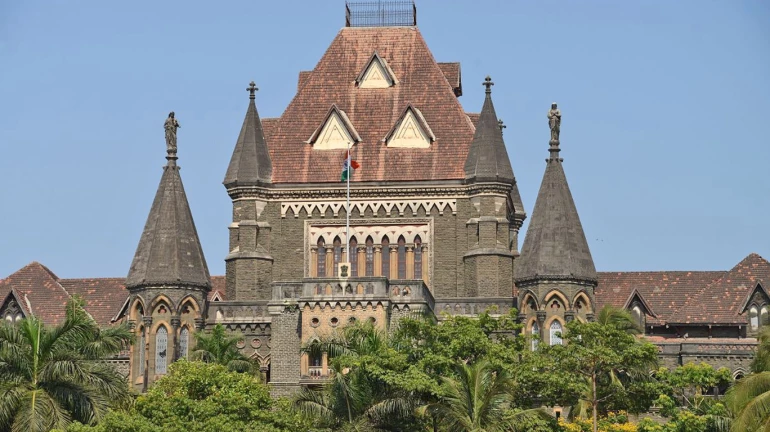
In a landmark ruling, the Bombay High Court (HC) declared on Monday, November 13, that detaining an approver until the end of a trial, especially a prolonged one, is unjust. The court warned that such practices could deter future witnesses from seeking pardons.
The court's decision came in the context of an extortion case involving members of the Dawood Ibrahim gang. The judge ordered the prosecution to ensure the safety of the approver, Danish Ahmed, who had turned against his co-accused.
Challenging the Criminal Procedure Law
Under the current criminal procedure law, an approver cannot be released on bail to protect them from other accused parties. But Justice MS Karnik criticised this practice as unjust while granting bail to Ahmed.
Role of the Witness Protection Act
Justice Karnik argued that the clauses granting pardons to the accused were not intended to be used in this way, especially considering laws like the Witness Protection Act. If a witness feels threatened, they can approach the special court for protection. The case may always be referred to the special Witness Protection Committee by the courts once the witness is satisfied.
Bail Motion and Prosecution's Objection
Earlier this year, Ahmed's lawyer, Karan Jain, filed a bail motion before the special MCOCA court. The motion was denied due to restrictions that prevent the release of pardoned individuals until the end of the trial. Then he moved to the high court. The prosecution objected to the bail. They were referring to the same provision and arguing that Ahmed's life would be in danger.
HC's Observation on Detention and Liberty
The high court noted that the applicant's detention cannot be continued indefinitely at the expense of his liberty. The court referred to the Maharashtra Witness Protection and Security Act, 2017 and pointed out that when the CrPC was implemented, there was no legislation in place for witness protection. As a result of the Witness Protection Act, the primary reason for the application's custody until the trial's conclusion has largely been removed, especially if the applicant has cooperated with the tender's requirements. Considering the facts and circumstances of this case, the prosecution must investigate the threat perception and make sure that the applicant is adequately protected if they believe there will be a risk to the applicant's life if he is granted a larger bond.
Prosecution's Responsibility
The court ordered the prosecution to assess the perceived threat to Ahmed's life if he is granted bail. They were also instructed to ensure that Ahmed was adequately protected.
Background
Ahmed received a pardon in April 2022, and his testimony was later recorded by the special MCOCA court. According to his account, he collaborated with Russian intelligence agents on arms purchases alongside Dawood Ibrahim's nephew. After a sting operation, Ahmed and his accomplice were arrested and extradited to the US. Ahmed was released from US prison in September 2018 and deported to India.





